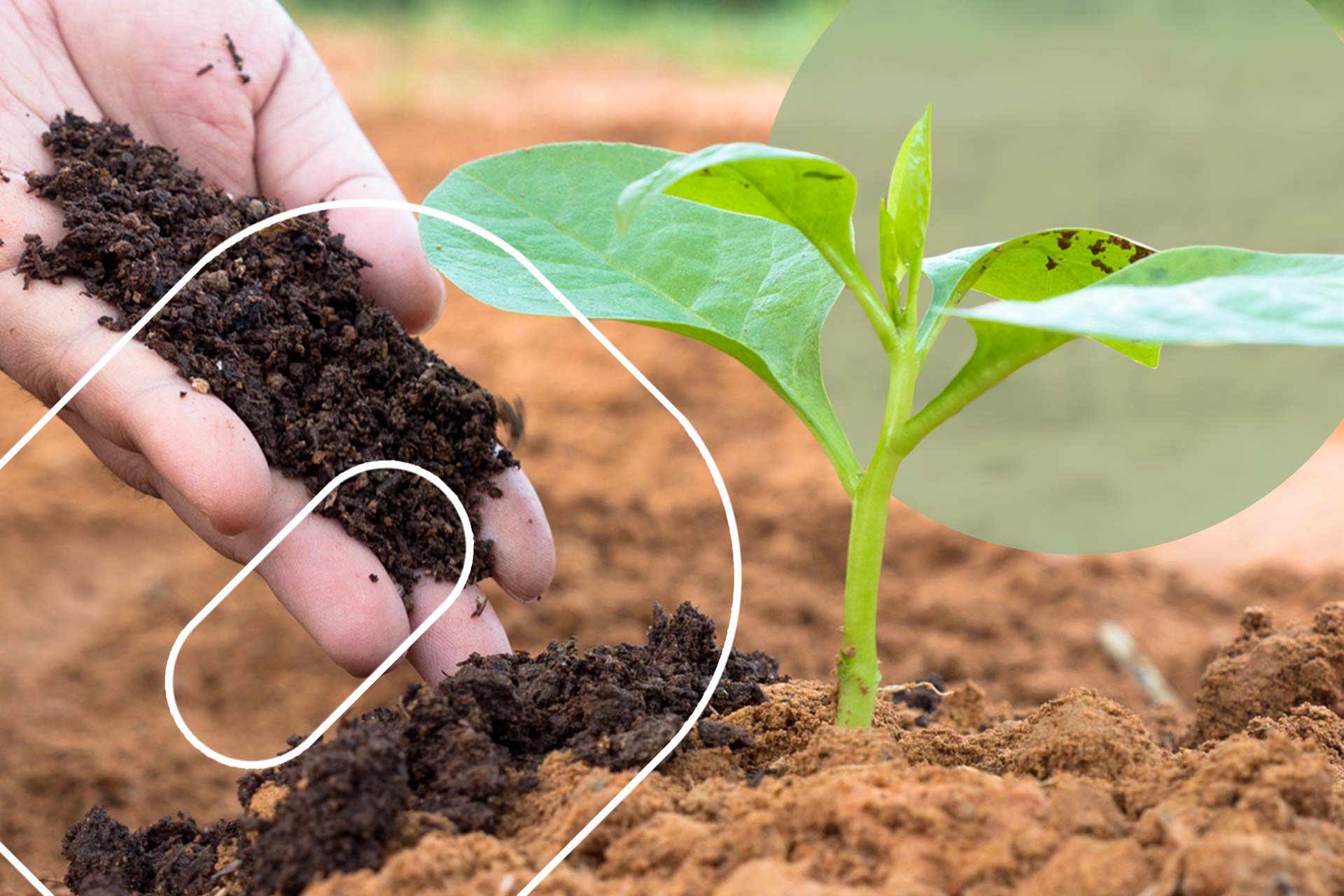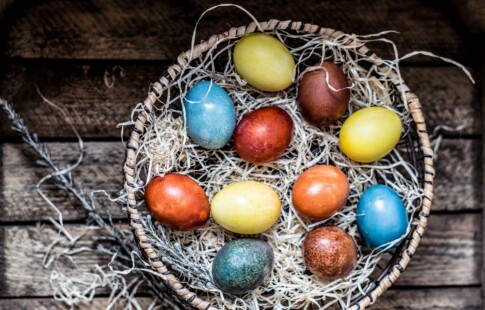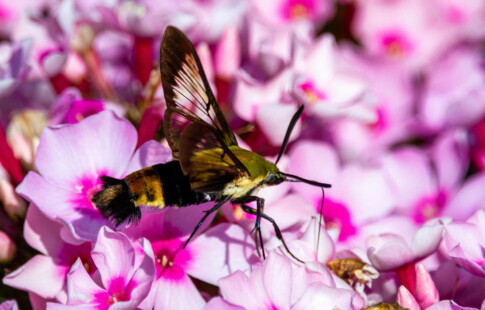
How Does Composting Work? Here’s What You Should Know
We are reader-supported. When you buy through links on our site, we may earn affiliate commission.
If you’re trying to be more sustainable, you’re probably making lifestyle changes. You should explore composting. This activity works as an effective way to give back to the planet. It’s helpful for learning about how the environment operates as a whole, too. The benefits are numerous. How does composting work? Here’s everything you need to know.
The Basics Behind Composting
A compost pile is a collection of organic material you can add to soil. The vitamins and minerals that come from food scraps and yard waste support plant growth naturally. You can keep your garden fruitful and healthy as a result. That’s beneficial for numerous reasons.
What do you need to start composting? There are three components: “browns,” “greens” and water. An example would be a combination of dead leaves, leftover fruit and water. If you put those items into your pile, you’ll have the carbon, nitrogen and moisture to create a beneficial mixture.
What Can You Compost?
There are many compostable items and materials you can access. In fact, you should be able to find them if you look around your house and yard. A few common components include:
- Coffee grounds
- Banana peels
- Grass
- Tea leaves
- Newspaper
- Melon rinds
- Wood chips
You can’t compost foods like French fries or sour cream. That’s because they can release odors and attract pests — and you definitely don’t want to deal with that. There’s also a chance they won’t decompose. Be sure to only compost things that are healthy for your garden.
Why You Should Compost
If you’re wondering why you should compost, it’s smart to look at the benefits. There are many ways composting supports the planet. Here are a few advantages to help make your decision more straightforward.
1. Eliminates Chemical Fertilizers
People who compost don’t need to use chemical fertilizers. These products are detrimental to soil health over time. Your plants grow effectively — but it’s not good for the Earth in the long run. As a result, you should pick natural alternatives that help the planet. That’s compost.
2. Improves Soil Health
If we didn’t have soil, we couldn’t sustain our ecosystems. Therefore, it’s crucial to ensure your garden stays healthy. That’s important for your plants and flowers, too. Everything that comes from your food scraps and yard waste supports their growth.
3. Reduces Food Waste
Do you waste food? If so, you’re not alone. In America, 1.2 pounds of food per person goes uneaten every day. We need to take measures to reduce that number drastically. By composting, you can “recycle” food that would otherwise end up at a landfill.
The bottom line is composting supports our environment. It’s one of the easiest ways to give back to the planet. You’ll even enjoy more attractive and better-tasting plants and flowers as a result.
How to Start Composting at Home
You can try this activity whether you live on five acres or have a studio apartment. The supplies you need are straightforward. In fact, you only need a container to collect your scraps. It’s important to note that the composting process will differ depending on how much space you have.
Outdoors
If you plan to create an outdoor pile, you only need a container to collect food scraps. Start by adding green material to a pile in the corner of your yard. Then, you can bury that under a layer of brown waste. Keep putting items into that pile as they accumulate.
It can take up to two years before you have usable compost. If you need compost sooner, you have to do active composting that requires a specific environment. This method promotes decomposition more than simply throwing your scraps into a pile.
Indoors
If you don’t have a yard, you should get a special composting bin. This device will allow you to compost while keeping odors at bay. That said, you still need to properly manage your bin so that you don’t attract pests. You can then use your compost to keep your potted plants and flowers healthy.
You can compost year-round. The most important thing is to just start. If you don’t dive into composting, you might not ever see whether it’s worthwhile. Try setting up your pile or bin as a weekend project. You’ll eventually get into the habit.
Use This Guide to Help You Start Composting
If you’ve been wondering, “How does composting work?” then now you know. It’s an effortless way to keep your garden healthy while making a positive choice for the environment. Use these tips so that you can create a compost pile at home.
Share on
Like what you read? Join other Environment.co readers!
Get the latest updates on our planet by subscribing to the Environment.co newsletter!
About the author
Jane Marsh
Starting from an early age, Jane Marsh loved all animals and became a budding environmentalist. Now, Jane works as the Editor-in-Chief of Environment.co where she covers topics related to climate policy, renewable energy, the food industry, and more.





